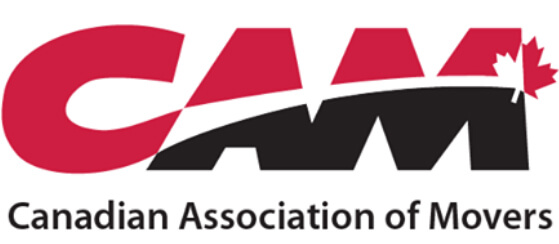A certified weigh-scale ticket must be completed for every shipment in a long distance move, except if a certified weigh scale is not available within a 16-kilometre radius of the origin and where weight is determined by the constructive measure method, or as stated below, in the case of small shipments. The tare weight of the vehicle is obtained before loading and a gross weight after loading, thus determining the net weight of the shipment. In the case of small shipments, the lot may be weighed on a warehouse scale.
In all cases, the scale must have up-to-date (usually done yearly) government certification for such weighings and the weigh-master should sign the weight ticket. This assures the shipper that the weights obtained are correct. The carrier must show these weights on the contract of carriage (bill of lading) and attach the weigh scale ticket to the carrier's copy of the contract of carriage (bill of lading). If there is any doubt as to the accuracy of the weight obtained, the shipper has the option of having the shipment reweighed on delivery, in which case the charges are based on the reweigh weights.
Under the constructive measure method, the gross weight is generally deemed to be 112 kilograms per cubic metre (or about 7 lbs per cubic foot) of properly loaded van space [note: this measure is normally defined by provincial Conditions of Carriage regulations].
Here are a few sample Weigh Scale Tickets.
Here are some links to find inspection/weigh stations near you.
British Columbia
BC Ministry of Transportation & Infrastructure List of Inspection Stations
Ontario
Ontario List of Inspection Stations
North America
Allstays.com Weigh Station Scales Locations
CAT Scale Locator

